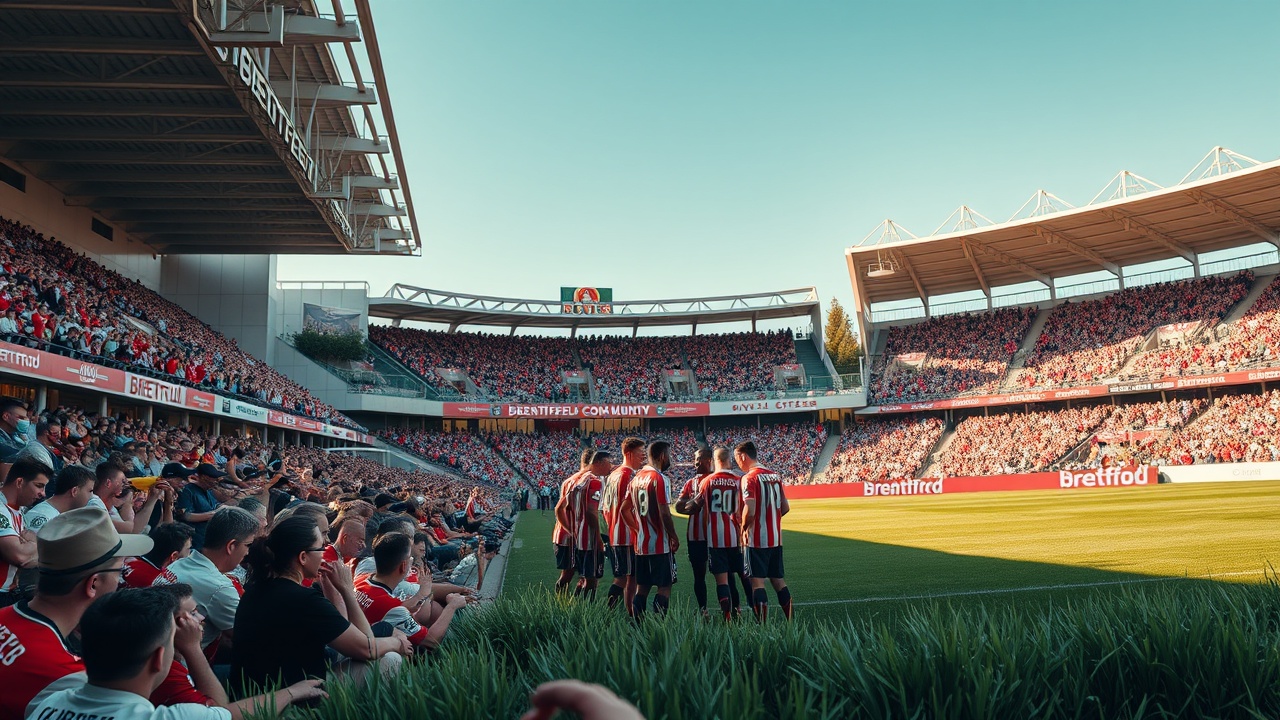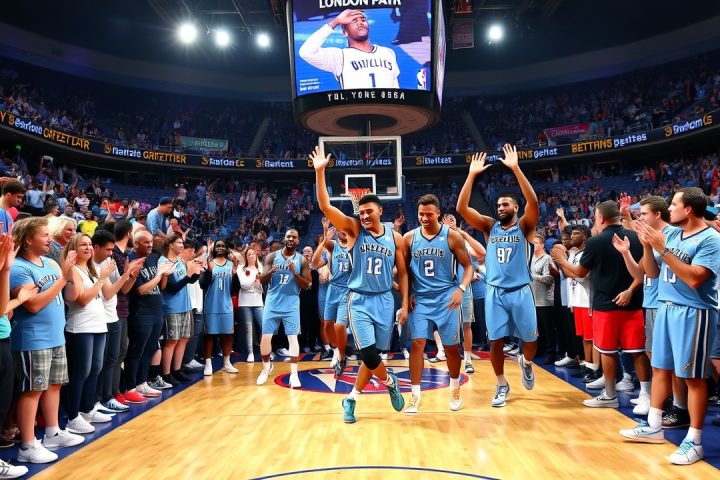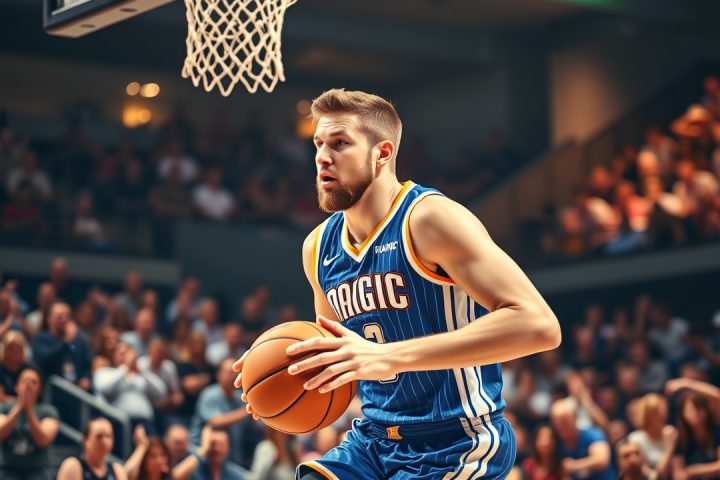Brentford’s Remarkable Journey
Since Matthew Benham took over as the majority stakeholder in Brentford in June 2012, the club has experienced a remarkable upward trend. They climbed from the lower tiers of English football to secure a spot in the Premier League, inaugurated a new home ground, and enhanced their training facilities. Despite a few struggles, including a key loss to local rivals Fulham in the 2020 Championship play-off final, the overall progress has been encouraging.
Summer Challenges Ahead
This summer marks a crucial period for Brentford, arguably their most significant challenge since they were promoted to the Premier League. The team had to form a competitive squad to compete in the top division after a 74-year absence, and now they face the hurdle of transitioning without long-serving head coach Thomas Frank, who recently accepted the role at Tottenham Hotspur. Frank’s departure, alongside three of his coaching staff—including Justin Cochrane, a potential successor—presents a remarkable shift in the club’s dynamics.
Player Concerns and Strategic Moves
There are also important player concerns to address. Captain Christian Norgaard signed a contract extension in March, yet reports suggest Arsenal is near sealing a deal for him. Top scorer Bryan Mbeumo is seeking a move to Manchester United, while key goalkeeper Mark Flekken has already transferred to Bayer Leverkusen. This scenario demands immediate attention, as Brentford’s model focuses on nurturing young talent and monetizing them through significant sales. In the past, they effectively replaced Christian Eriksen with Mathias Jensen when Eriksen moved to Manchester United, and signed Flekken from Freiburg to cover David Raya who exited to Arsenal in August 2023.
Last season’s sales of Ivan Toney to Al-Ahli in the Saudi Pro League contributed positively to the team’s performance, as Mbeumo, Yoane Wissa, and Kevin Schade all contributed significantly with goals in the league. The club’s scouting efforts are methodically planned 18 months ahead of transfer windows, which aids in avoiding surprise departures. However, the forthcoming player exits represent an unprecedented challenge since their ascent to the Premier League, with this summer posing a potentially massive overhaul reminiscent of the mass departures in 2019.
Rivalry and Future Prospects
While rivals like Bournemouth and Brighton have recently lost their top players, Brentford finds itself at a similar crossroads. Mbeumo’s loss would be difficult to offset, but the club is optimistic that club-record signing Igor Thiago will remain injury-free after a challenging season that limited him to just eight appearances. Furthermore, with Norgaard turning 31, Brentford has long contemplated his future replacement, moving quickly to secure Liverpool backup keeper Caoimhin Kelleher as Flekken’s successor.
New Leadership and Coaching Transition
Phil Giles, the director of football, emphasized the importance of not becoming overly reliant on any single player. During the introduction of the new head coach, Keith Andrews, he asserted that evaluating why a player is deemed irreplaceable is essential for a club’s sustainable success.
Keith Andrews, appointed to take over from Frank, is hopeful for a fresh start. At 44, Andrews has played for clubs like Wolverhampton Wanderers and Blackburn Rovers and was capped over 30 times for the Republic of Ireland. His coaching journey began as he completed his badges early in his playing career and transitioned to various roles, recently as Brentford’s set-piece coach. He acknowledged the significance of his new role and his commitment to Brentford, highlighting that while the job may be challenging, he feels prepared due to the foundational work he has put in.
Brentford’s leadership, including Giles and technical director Lee Dykes, evaluated several candidates for Frank’s job. With Andrews’ familiarity with the current team and operational style, they view this as a low-risk decision compared to bringing in an outside figure who may not fit the environment.
Nurturing Talent and Future Stability
Brentford has a track record of unconventional strategic moves, such as closing their academy in favor of a B team initiative in 2016, one that has proved successful with players moving to the first-team setup. They recently reinstated their academy by hiring Lydia Bedford as Under-18s head coach. This decision aligns with Brentford’s philosophy of nurturing talent and opting for stability rather than dramatic changes.
As the players prepare to return from their break and embark on a pre-season journey to Portugal, the key challenge lies in successfully replacing Frank, notable for being perhaps Brentford’s most impactful manager to date. The stakes will rise should they lose additional essential figures like Mbeumo and Norgaard, questioning the wisdom of choosing a coach with less top-level experience. While acknowledging the inherent risks of such a move, Giles reiterated confidence in Andrews’ capabilities based on previous interactions with him, setting the stage for what is sure to be a transformative period for Brentford Football Club.




